Locations in Eatonton and Madison, GA
Serving Rockdale, Newton, Walton, Morgan, Oconee, Dekalb, Jasper, Clarke, Putnam, and Greene Counties
Call Today!
Energy Efficiency Tips an HVAC Contractor Would Recommend
Making sure that your home is energy efficient is one of the best ways to improve your energy bill. Thankfully, there are plenty of options available for you to help you save. For example, according to the U.S. Department of Energy, Energy Star heating and cooling equipment can end up saving you 10% to 30% annually on your energy bill. Your HVAC contractor will highly recommend going this route to ensure that you can save money whenever it comes to energy. However, there are other very helpful ways to save energy. Let's take a closer look at some of these ways and how they can save you money in the short term and the long term.
Seal Leaks and Insulate Your Home
One of the most overlooked ways that you can end up spending more on energy is through leaks in your home. A leak can cause cold air or hot air to escape and will end up causing your HVAC to continuously work harder in order to compensate for this loss. Your HVAC contractor will always recommend that you get your house sealed in areas where there could be leaks to prevent this from happening.
Schedule Regular HVAC Maintenance
Your contractor will always recommend that you receive regular HVAC maintenance to ensure that your unit is working optimally. It's easy to forget about your HVAC unit whenever it's out of sight. Unfortunately, many people will forget about their HVAC unit until there is a problem that has to be fixed. Scheduling regular HVAC maintenance will ensure your system continues to work efficiently. It will also prevent costly repairs from popping up down the road.
Close Your Curtains and Blinds
Heat can enter your home fairly easily if you have windows that don't have any sort of cover, such as curtains or blinds. This absorbed heat can cause your HVAC to work harder to compensate for this hotter area. Cover your windows with blinds and curtains to avoid trapping heat inside your home so your HVAC can work smoothly.
These are just a few tips that your contractor recommends you follow in order to keep costs down. If you need help with your HVAC unit, contact us today at AirTekk Comfort Solutions to schedule an appointment with one of our HVAC professionals. We're here to help keep you cool or warm throughout the year!

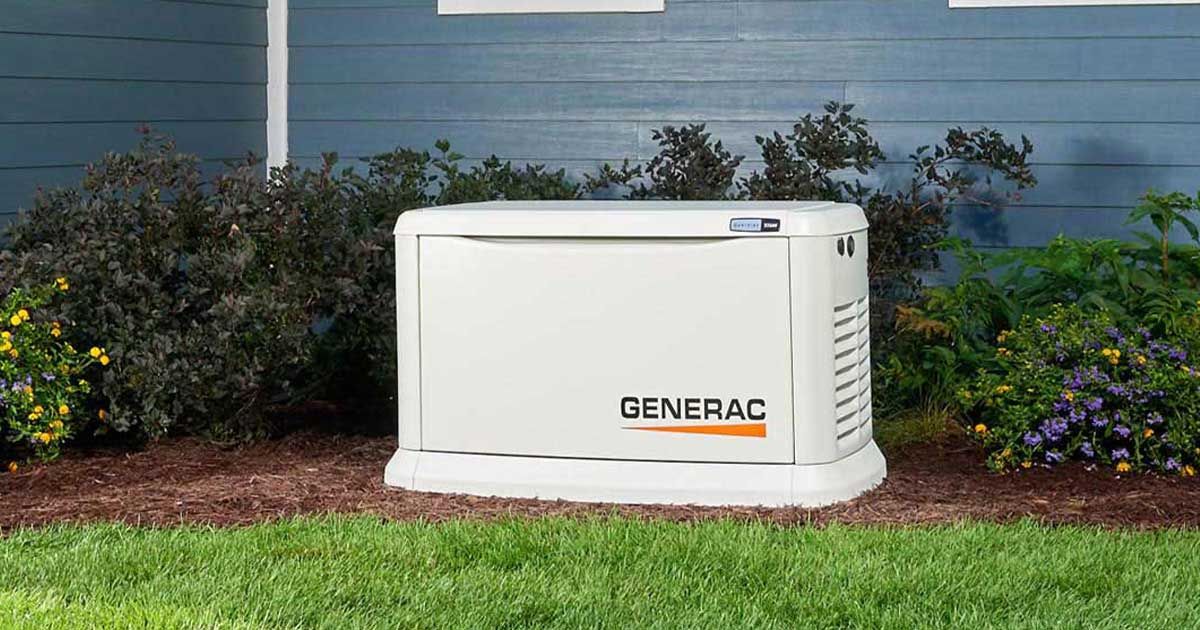
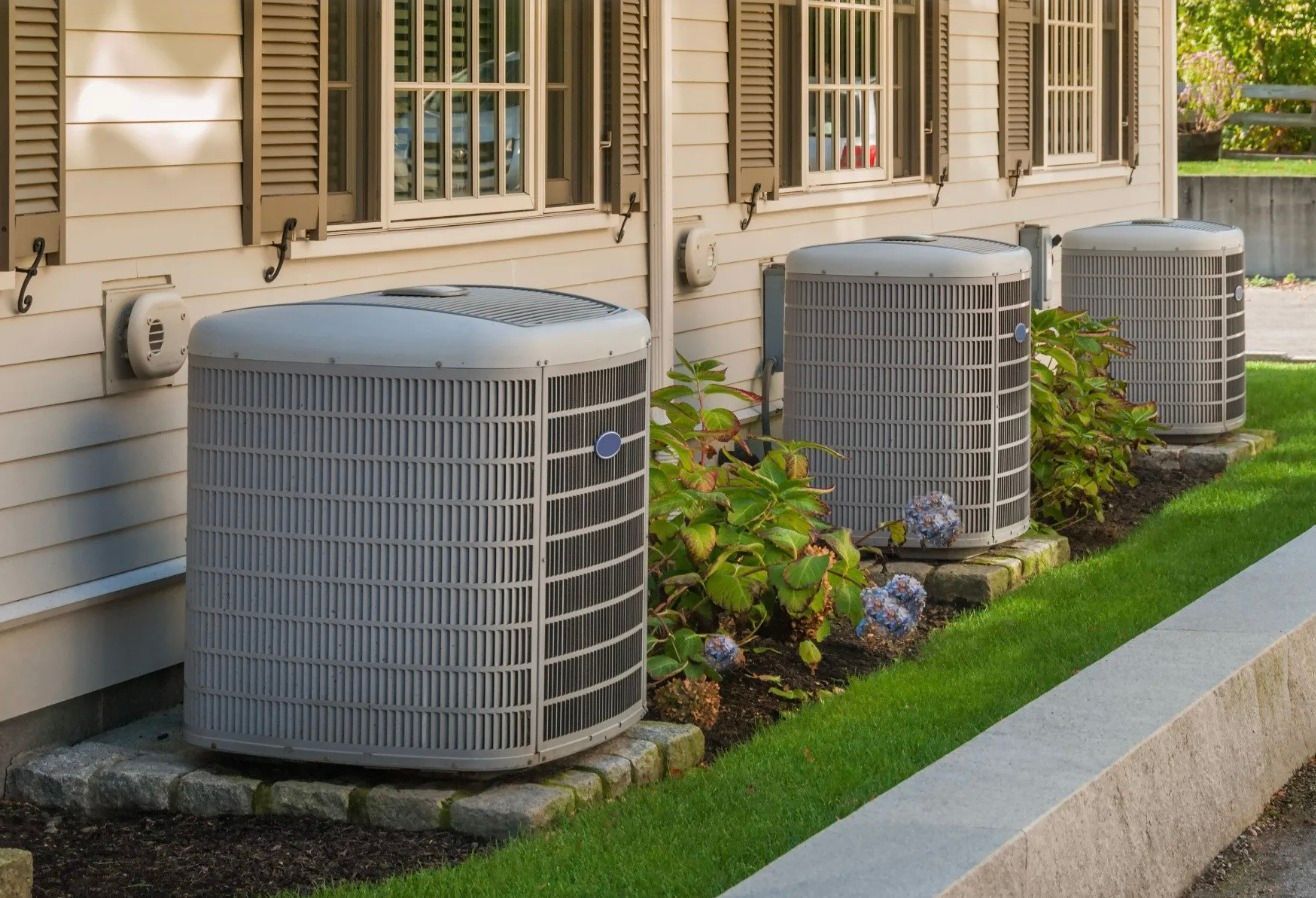
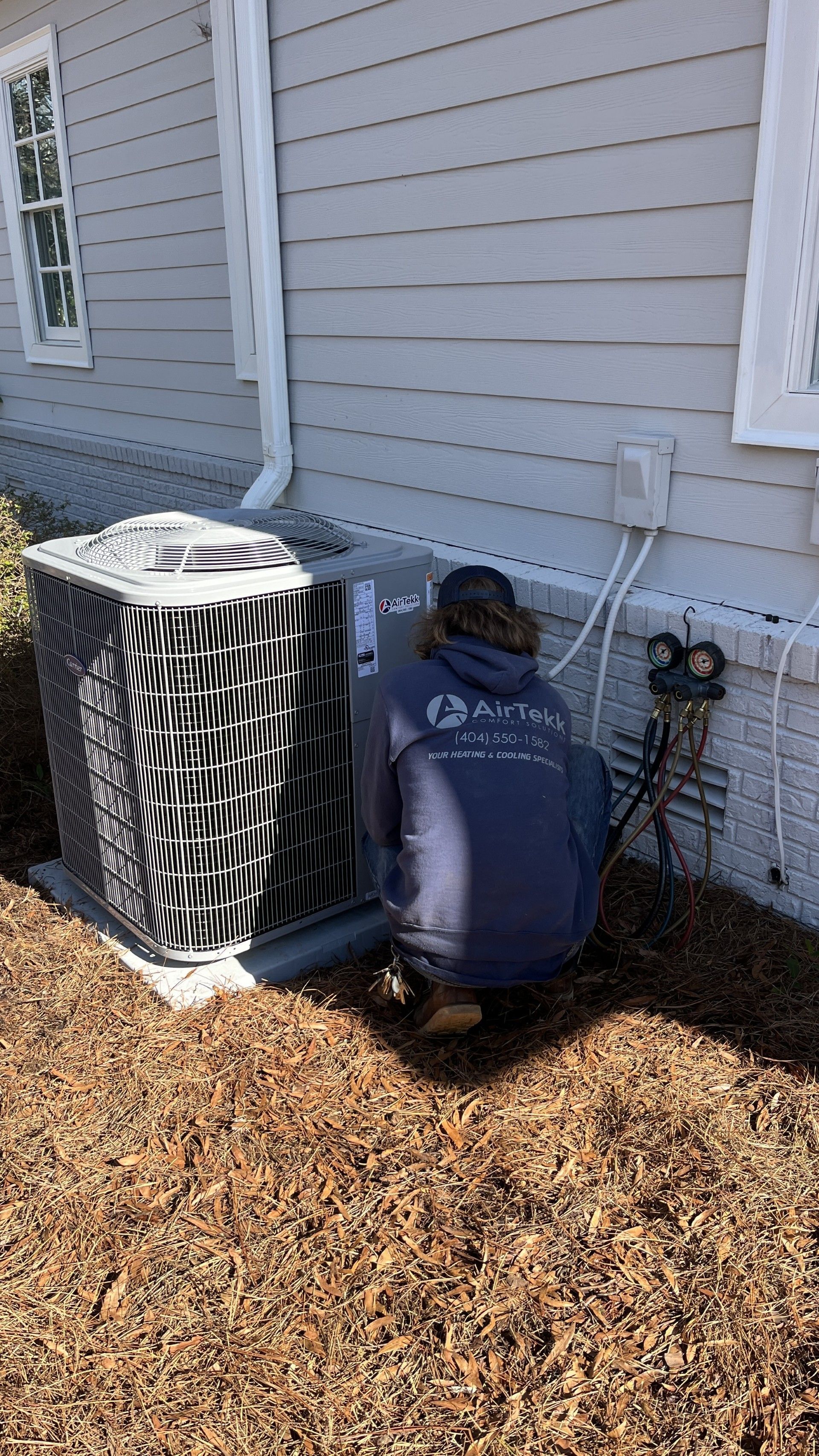
HOURS
SERVING
Rockdale County, Newton County, Walton County, Morgan County, Oconee County, Dekalb County, Jasper County, Clarke County, Putnam County and Greene County and Surrounding Areas
CONTACT US
State License #CR 110122

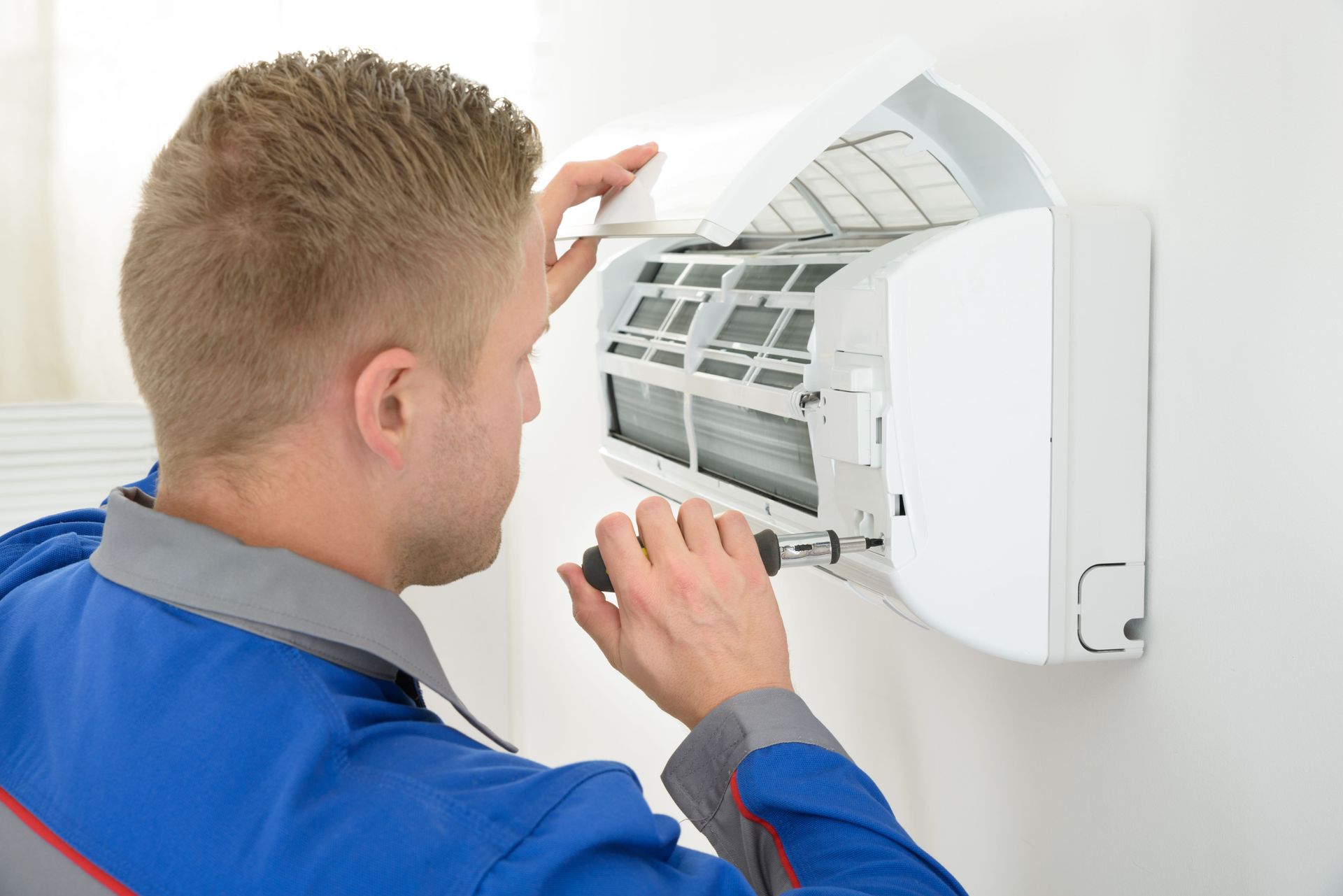
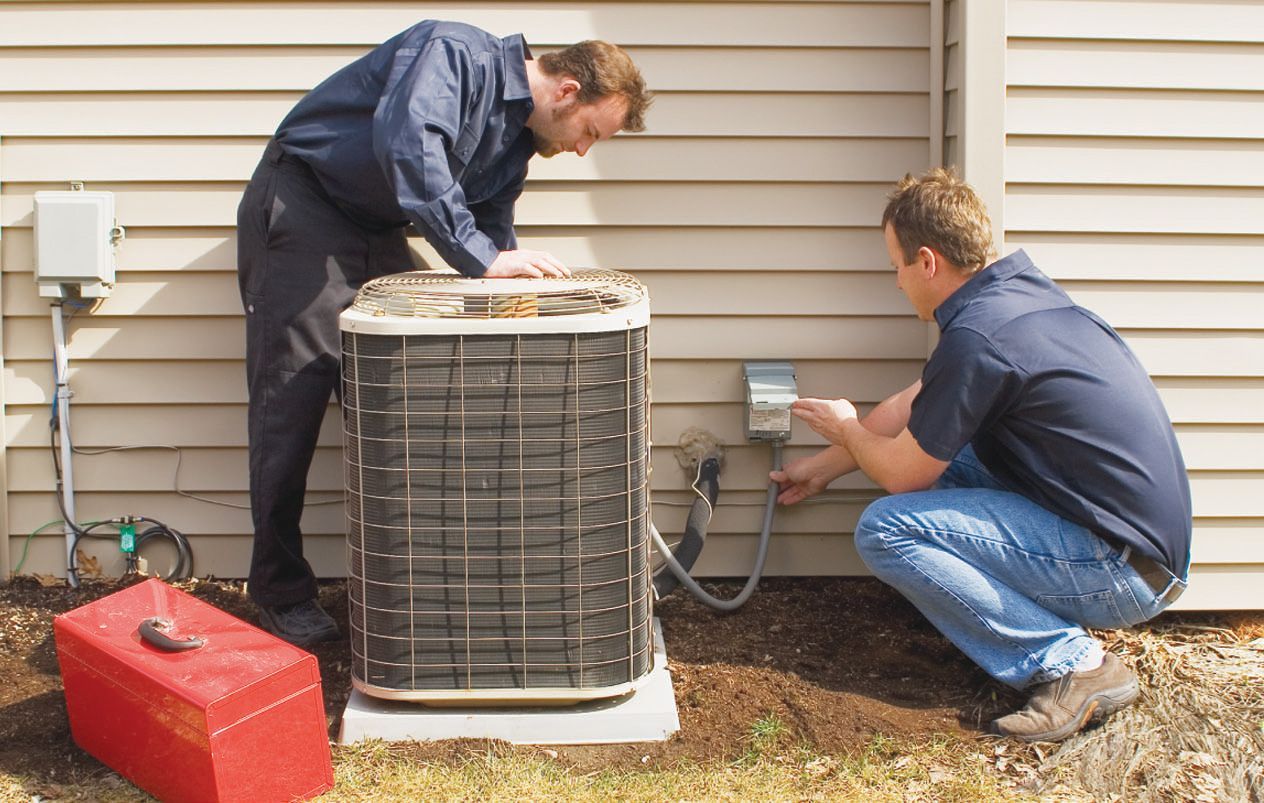
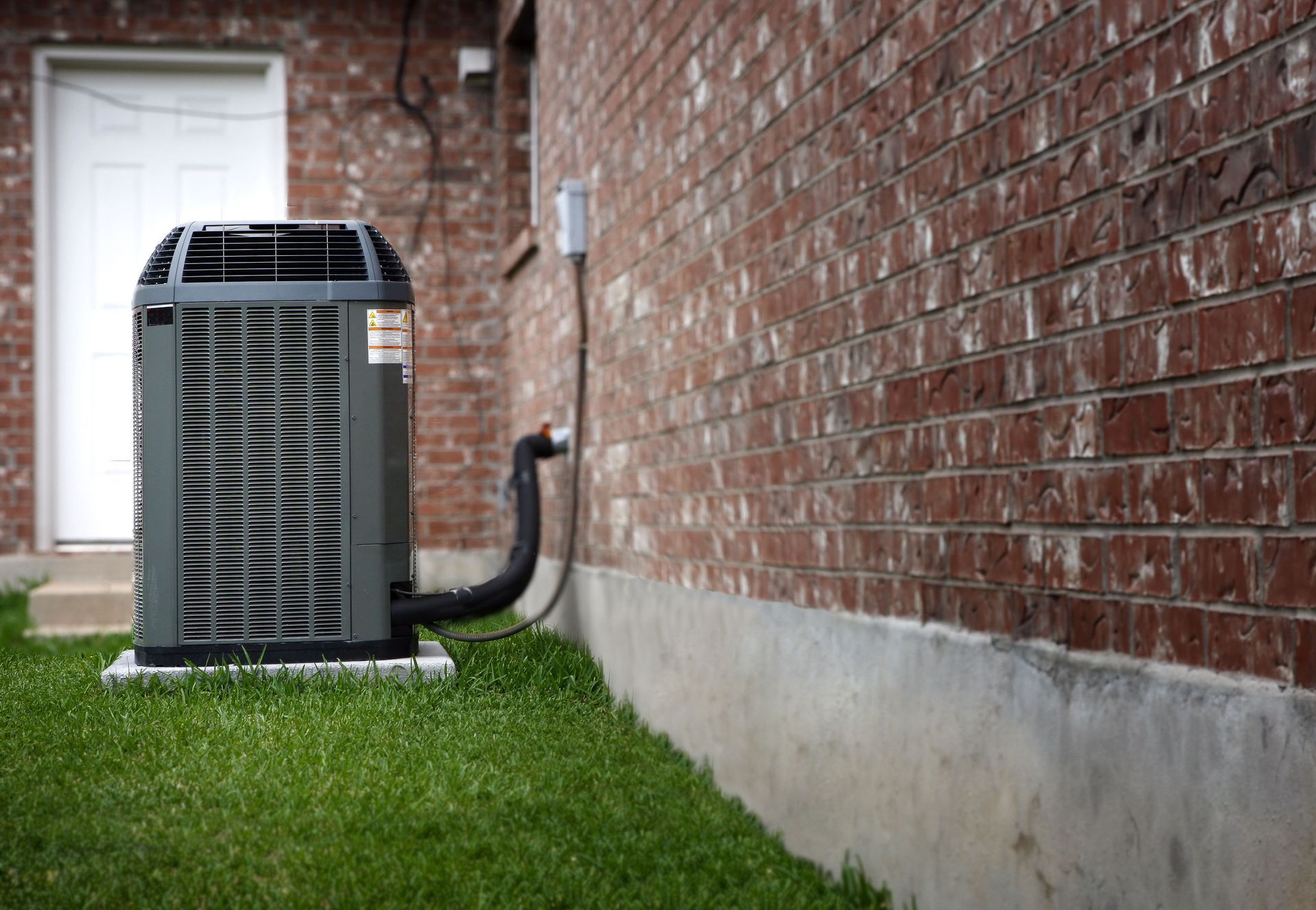
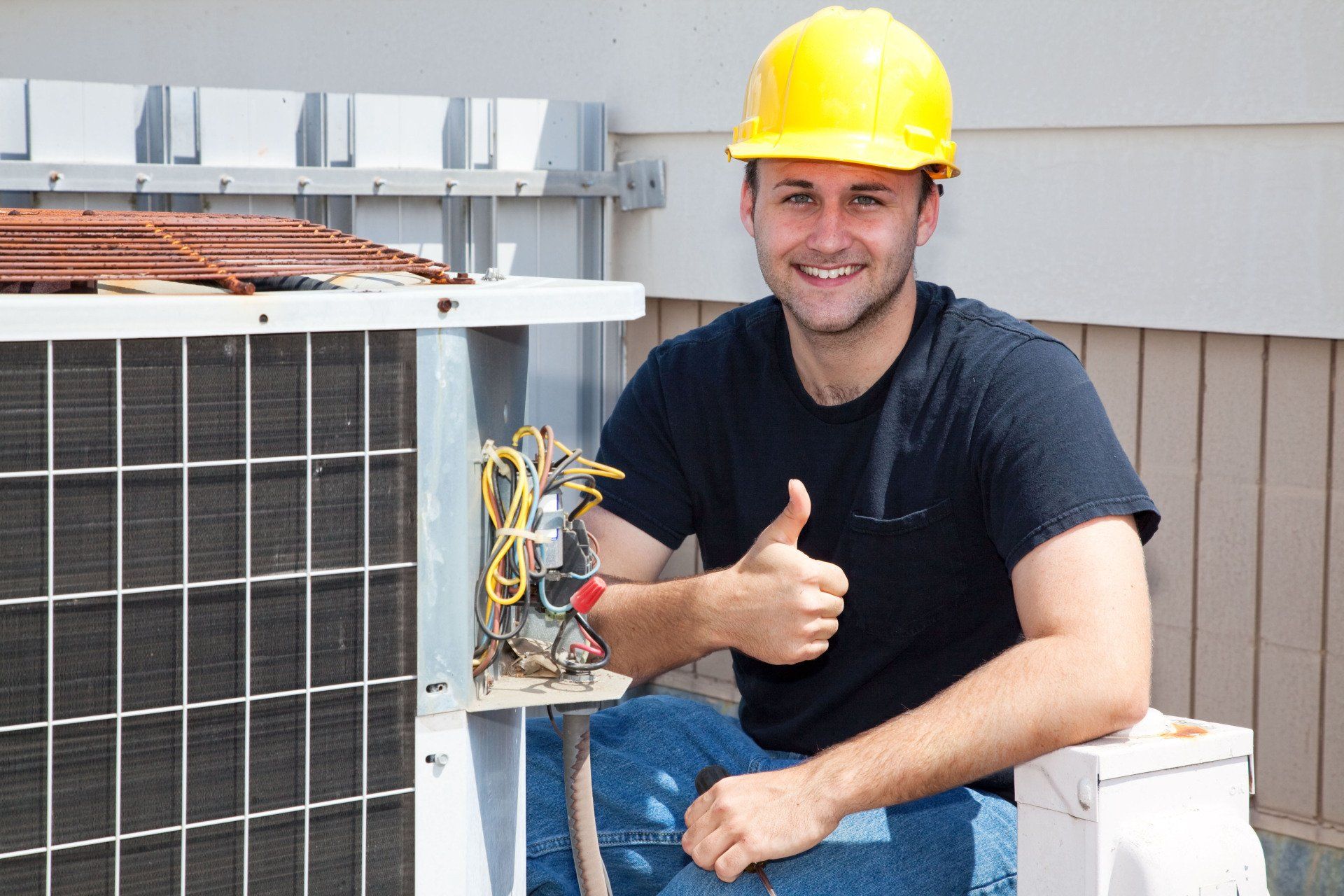
Share On: